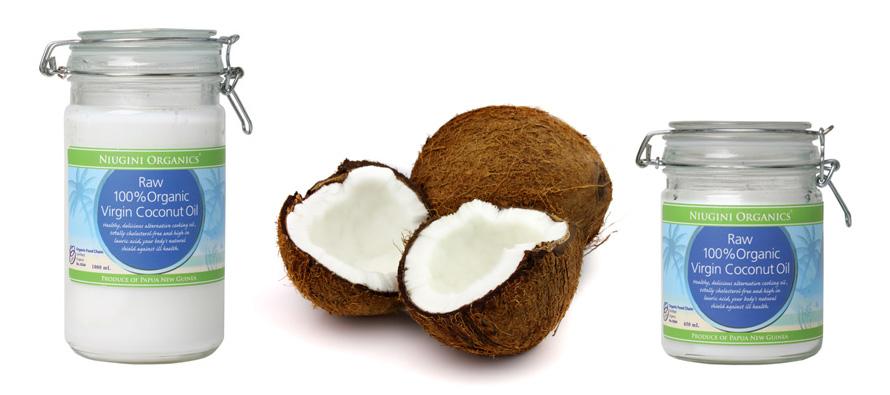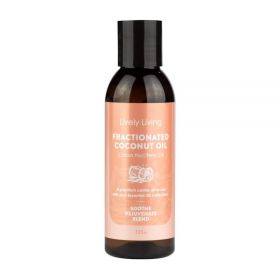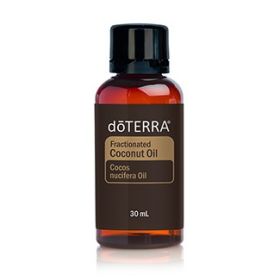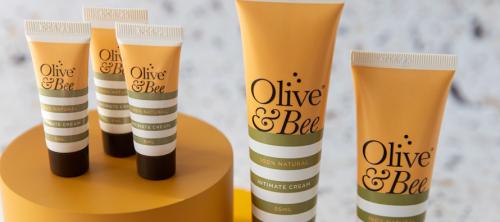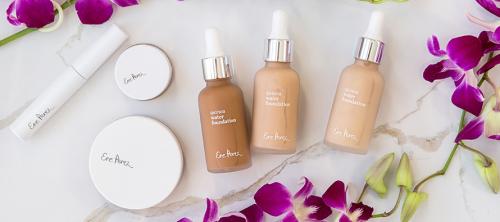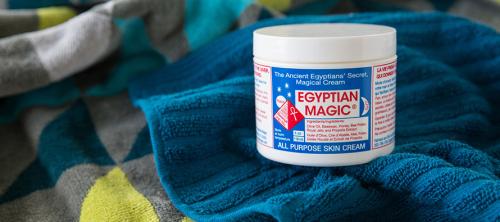What is Fractionated Coconut Oil
Have you ever wondered what the difference is between virgin coconut oil and fractionated coconut oil? Essential oil brands like doTERRA have fractionated coconut oil in their catalogue to use as a carrier oil to blend the essential oils in. Since virgin coconut oil and fractionated coconut oil behave quite differently and are used for different things, we wanted to make sure you were choosing the right option when you're shopping with us.
Fractionated Coconut Oil - what does it look like?
Fractionated coconut oil will always be runny, no matter how hot or cold the temperature is. Virgin coconut oil is solid at temps under approx 25°C and melts on contact with the warmth of your skin and in summer just sitting in the cupboard.
Are Fractionated Coconut Oil and MCT oil the same thing?
There's some conflicting information online about this one. Effectively, they are the same thing, MCT, medium chain triglycerides. However, fractionated coconut oils are marketed as a skin care, body care product and MCT oils are marketed as supplements and a food as medicine product. An MCT oil will have every care taken so that it's fit for human consumption. A fractionated coconut oil will not go through the same care and hygiene because it's not expected to be consumed.
Which coconut oil is it safe to eat?
It's safe to eat virgin coconut oil and also MCT oil because they are made in conditions for food grade products and all safety procedures that are required. Fractionated coconut oil may or may not be made under conditions that make it safe to eat, so unless you know the brands manufacturing conditions, it's best not to consume fractionated coconut oil.

How is Fractionated Coconut Oil Made?
Fractionated coconut oil is literally just a 'fraction' of the complete oil. The highly prized component of coconut oil, the lauric acid, has antimicrobial properties, and as such, is used as a natural preservative and removed from virgin oil. What is left behind is a liquid oil that will not turn solid, a 'fraction' of the original oil. It also has a lower burning point which means it's not really suited to cooking with. Instead of discarding it, the natural cosmetic industry uses it. The fractionated oil can be really useful in the preparation of natural skin care and as a carrier oil for blending and diluting essential oils. When you pick up a moisturiser or a cleanser that has coconut oil in it, the chances are it's the refined fractionated oil. Cosmetically, it's more stable as it doesn't change from a liquid to a solid.
The lauric acid is a 12-carbon compound (C12) and is the main fatty acid in coconut oil, and is what makes it turn solid at lower temperatures. The main medium chain fatty acids are C8 (caprylic acid) and C10 (capric acid) and they travel a different path through the digestive tract being sent directly to the liver and are a quick source of energy, which is how MCT oils are marketed, which are almost identical to fractionated coconut oil.
It takes several hours to make fractionated coconut oil, and it is created by heating virgin coconut oil above the melting point and then as it cools, the solid C12 is separated from the C8 and C10. Because of this, even though it's 'less', it costs more.
WHAT ABOUT EXTRA VIRGIN COCONUT OIL?
There's no such thing. Extra virgin is a term used by the producers of olive oil. It has no bearing on the production of coconut oil and should be considered marketing hype. It's either virgin oil or not. There's no 'extra' about it. Take a closer look at the claims and marketing and ethics around any company marketing their coconut oil as 'extra virgin.'
